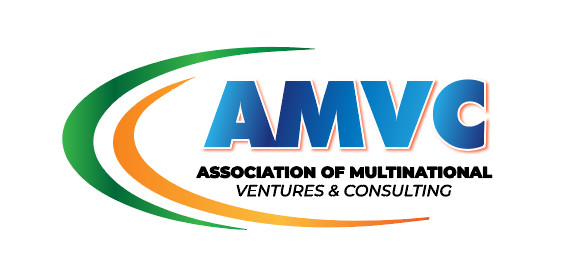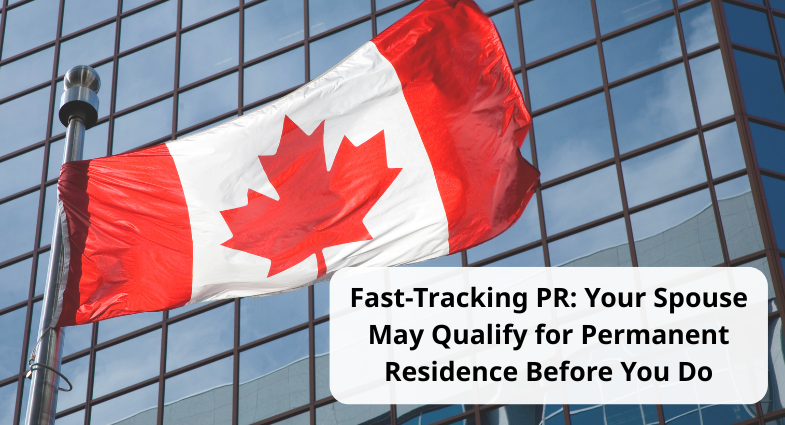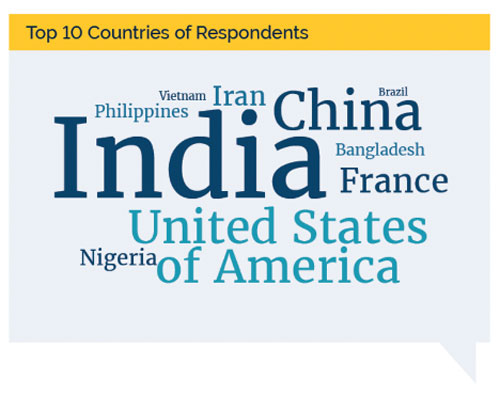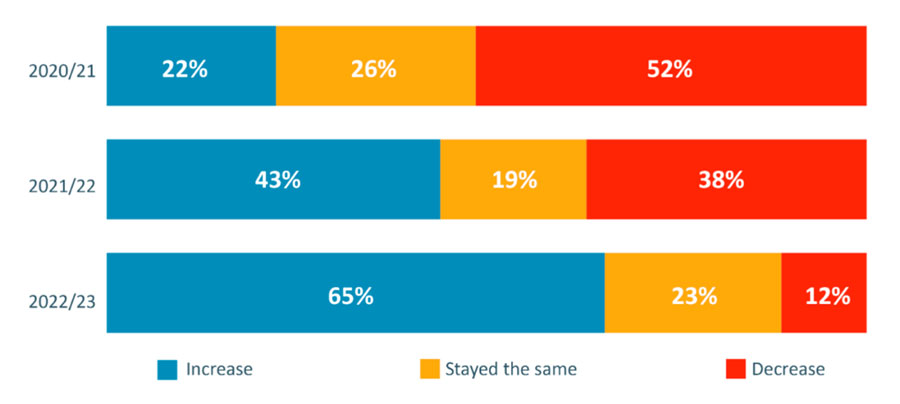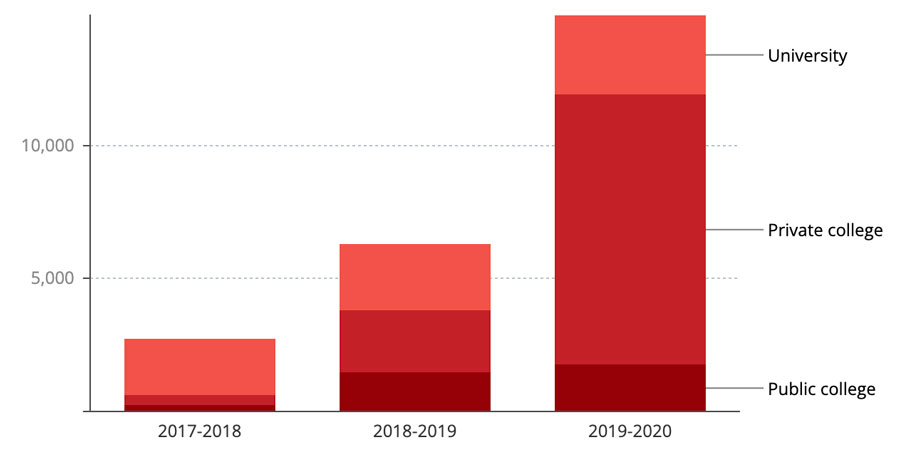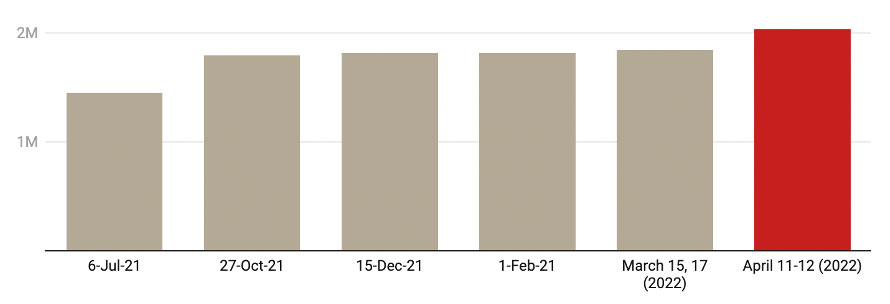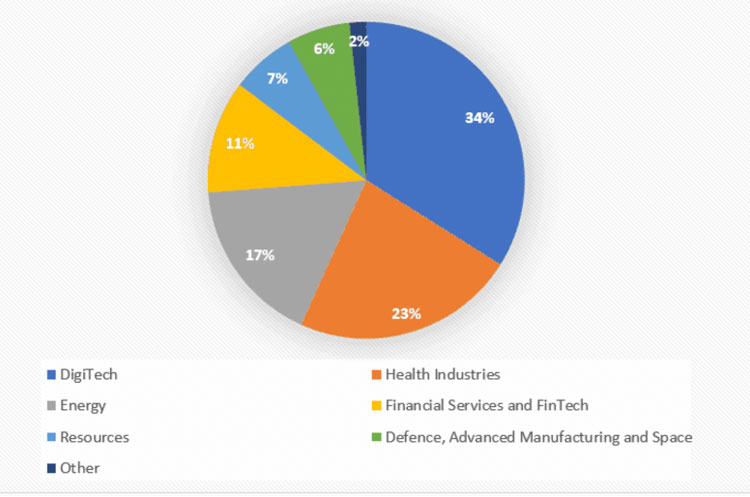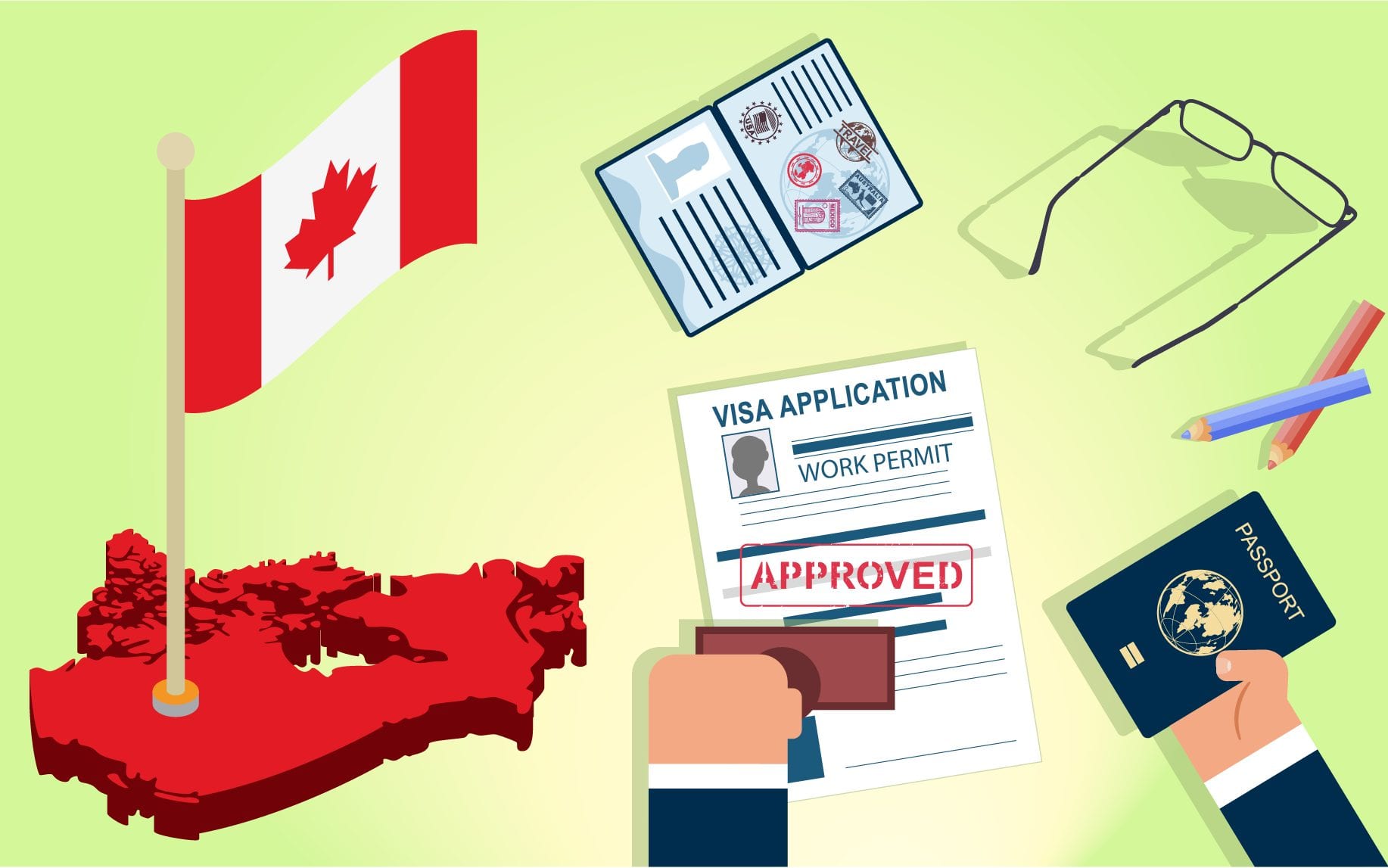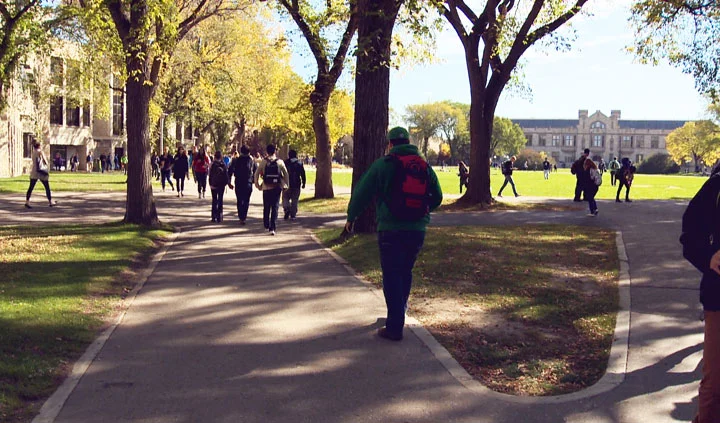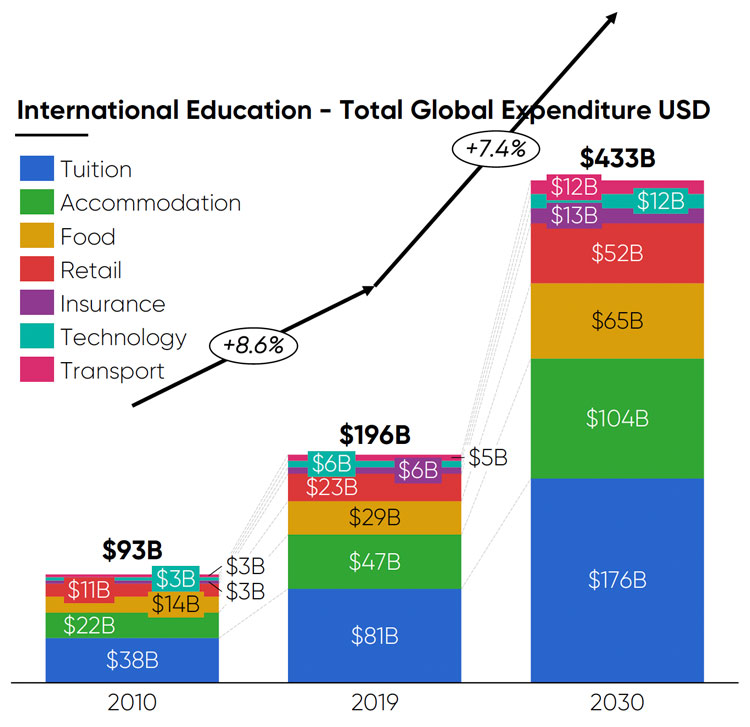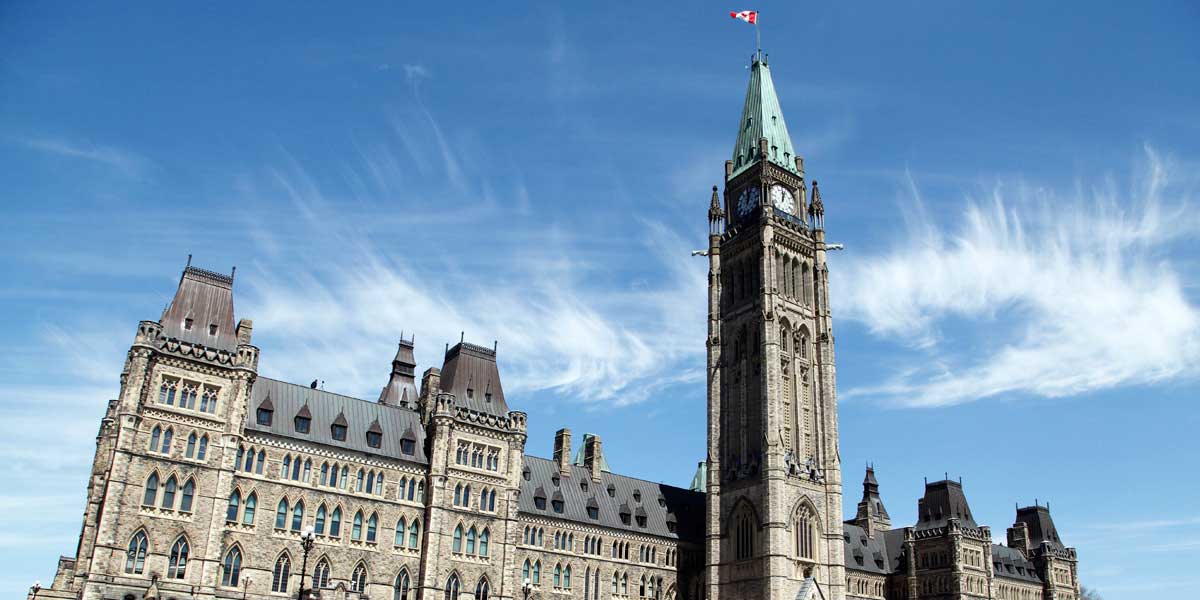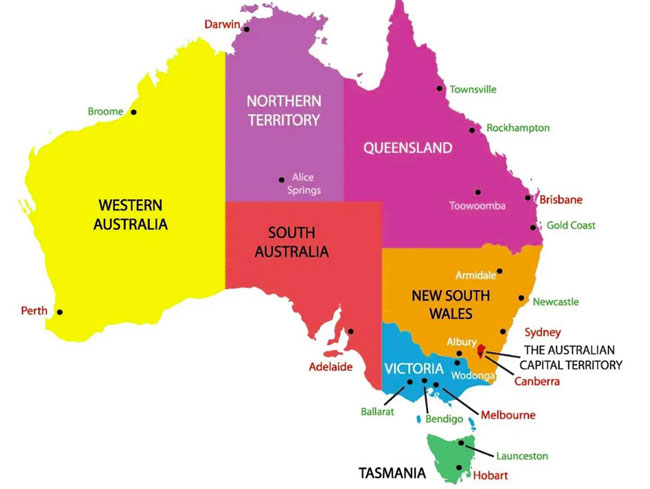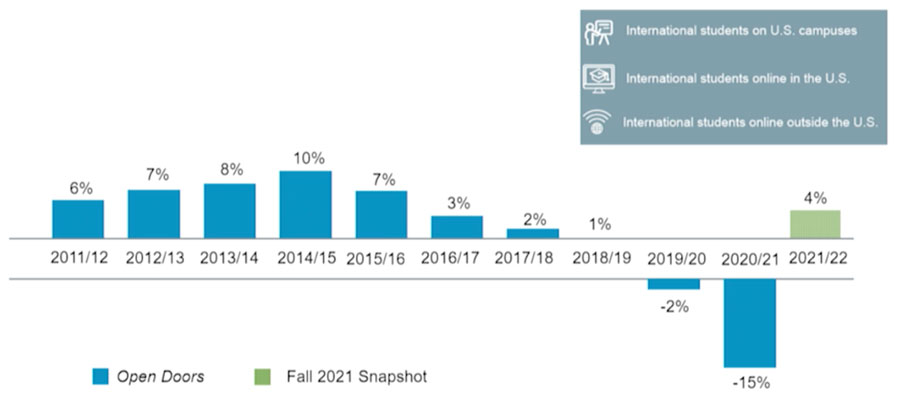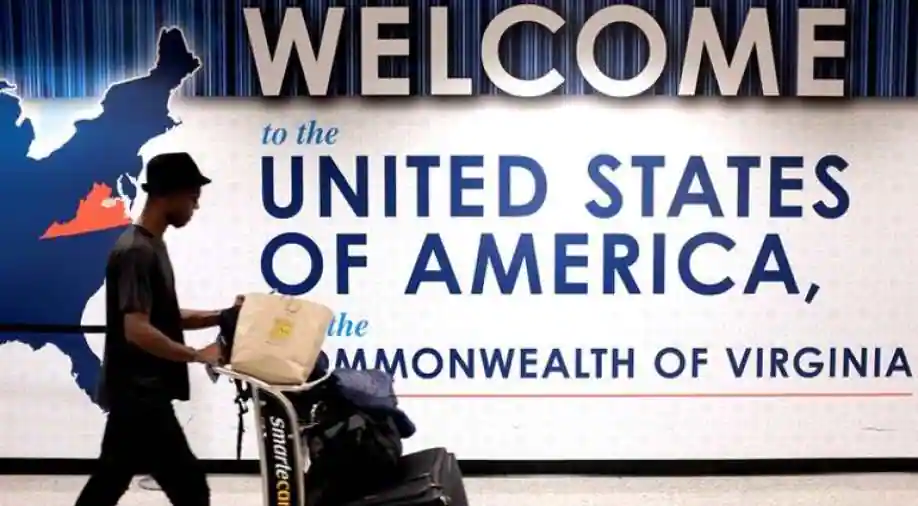Between 1 January and 31 July 2022, Immigration, Refugees and Citizenship Canada (IRCC) handled 360,000 study permit applications; a recent prediction indicated that it will process an additional 104,000 applications in August.
This year, the number of applications and research permits issued has continued to exceed pre-pandemic levels, but there is still a sizable backlog of files awaiting processing. As of 29 June 2022, according to an earlier IRCC report, there were more than 1.5 million files in the backlog of temporary residence applications, which includes study permits and other temporary resident visa classifications (representing a near doubling of processing volumes as of October 2021).
Thousands of international students may have to postpone the start of their intended programs this year due to the current circumstances if they do not get their study permits in a timely manner.
Paul Davidson, president of Universities Canada, recently told the Globe & Mail newspaper that the size of the present processing backlogs are jeopardizing Canada's competitiveness in the markets for international students.
“The universities have done an exceptional job of marketing themselves virtually and having students enrol online,” he said. “That’s the 90% that they need to do. And then if we can’t get [the students] onto campus, it’s a blow, not only for universities. It’s the third or fourth fall like this, where we have been unable to meet the mark on visa processing.”
Additionally, criticism is coming from abroad, with the Indian government urging Canadian immigration officials to move more quickly to clear the backlog. “The Indian High Commission in Ottawa has asked the Canadian authorities to look into the problems faced by college students enrolled in Canadian universities, who are unable to join the academic courses due to delays in the processing of their visas and student permits,” reported the Economic Times recently.
The Times of India, meantime, covered a case involving a family who had been waiting for their son's study visa for several weeks in the Indian city of Gurugram. “We have applied for the study permit through the student direct stream (SDS) because we were advised that it would be faster than the normal stream and my son would get the visa within 45 days. But it’s now over 55 days and the document is not yet here. There is a long queue and there are cases pending from the beginning of May and I have no idea when my son, who was scheduled to join an undergrad course in business at the University of British Columbia (UBC), will be able to travel,” said the father.
The Canadian government is taking action
In June 2022, Prime Minister Justin Trudeau established a cross-government task force with the charge of clearing up the enormous backlog in the processing of all types of immigration files. Immigration Minister Sean Fraser stated that IRCC was taking initiatives to enhance services and shorten processing times during a 29 August briefing on the task force's activities.
The Minister specifically mentioned expanding processing capacity by adding up to 1,250 new employees during the summer and fall, as well as substantially streamlining IRCC procedures to assist shorten processing times in the long run.
“Families, communities, and businesses deserve an immigration system that works for everyone,” said Minister Fraser. “Through targeted investments to address the backlog…we will reduce wait times and work hard to attract and retain skilled workers, as we continue to help communities across the country access the talent they need.”
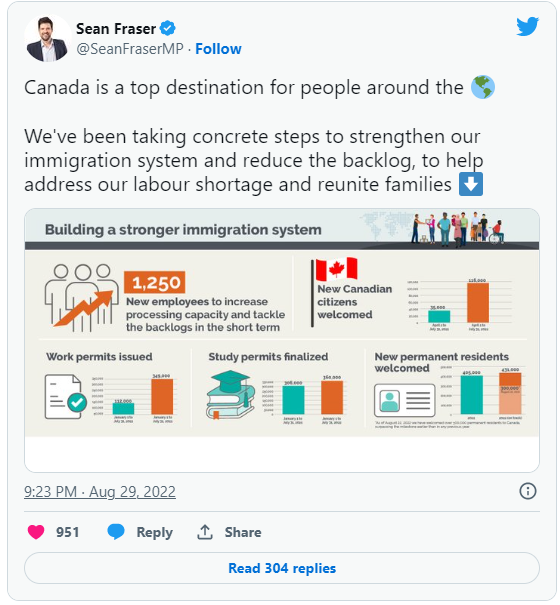
Extending eligibility for online studies
IRCC announced on August 25 an extension of the COVID-era policy allowing international students to apply for Canada's popular Post-Graduation Work Permit (PGWP) regardless of how much of their study program is completed online, which is perhaps another indication of the agency's ongoing struggles with the backlog in processing.
According to the IRCC, this policy will be in effect until August 31, 2023. Students enrolled in online courses or those who have applied for a study permit by that time will still be qualified for a PGWP.
Source: ICEF
